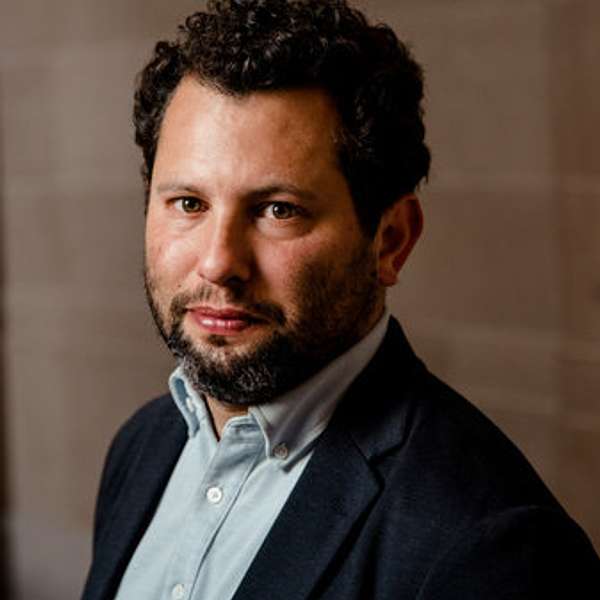
The Battles We Pick
What can we learn about making social and political change from talking to professional change-makers? This work takes a combination of persistence, shrewdness, and luck. On the Battles We Pick podcast, skilled advocates and organizers talk about how they deal with the various challenges they confront.
Theme music by generous permission of recording artist Stephen.
The Battles We Pick
Author Sasha Issenberg on how he chronicled the major social change of same-sex marriage
This episode's guest is a journalist rather than an advocate, the author of one of the best books focused on advocacy work. Political reporter Sasha Issenberg's The Engagement tells the story of the 25-year fight for same-sex marriage, documenting the various efforts, strategies, course-adjustments, and outcomes from the perspectives of proponents and opponents alike.
Sasha says he was drawn to the subject particularly because of the way same-sex marriage burst onto the agenda quite suddenly in the early-1990s—then coming to the fore as a hot-button topic in national politics. It was fascinating to hear Sasha talk about the complexity of a struggle playing out in Washington as well as state capitals, while also alternating between the judicial and political arenas. Sasha said when he started this project, he assumed proponents would have "this big national plan, but there wasn't one." He said it was a fight where both sides were simultaneously on offense and defense on different fronts.
Sasha recounted a key messaging shift by marriage proponents going from a fairly dry and clinical argument for legal protections and eventually opting for an emotionally resonant case for recognizing two people's commitment to each other. In our discussion of the differences between litigation and political battles, Sasha stressed the higher stakes of losing in court and being stuck with a negative legal precedent.
One thing that enriches Issenberg's account in The Engagement is the way personalities play into advocacy and strategy. Sasha begins the book by focusing on a Hawaiian LGBTQ activist who decided it would be dramatic to hold a mass wedding to celebrate gay pride. Bill Woods' impulsive gadfly style won him few fans or allies among methodical litigators, but he played a crucial role as an originator—though he's often left out of other accounts of the struggle. As Issenberg told me, "We would not have had the Obergefell Supreme Court decision in 2015 if it hadn't been for Woods starting this ball in motion in 1990."
The podcast ends with the same question as Issenberg's book: the rights of trans people that were left aside by the marriage equality struggle. Sasha predicted that the fight for trans rights will gain momentum as the public takes the cue from science that gender is an innate part of identity just as sexual orientation is.
